In a world of unpredictable weather, shifting seasons, and persistent pests, resilient gardening is more important than ever. Building a garden that can bounce back from setbacks like a late frost, drought conditions, or a bug invasion means less stress for you and more success for your plants.
By working with nature instead of against it, you can create a thriving, self-sustaining space that feeds your body and soul, season after season.
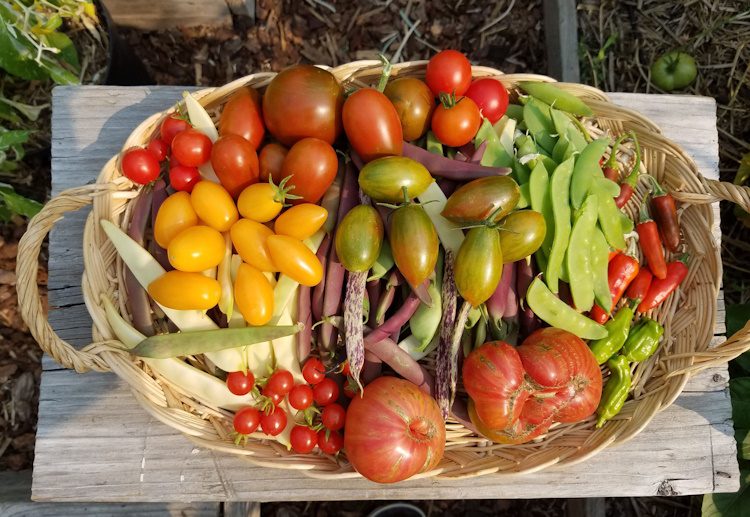
Pick the Right Plants for Your Climate
The most important key to a resilient garden is “right plant, right place.” This means selecting plants well-suited to your climate, growing zone (our region is USDA Zones 5b to 6a), and soil conditions, and planting them in the optimal location for each plant.
Native and regionally adapted plants tend to be hardier, more drought-tolerant, and more readily able to fend off local pests and diseases.
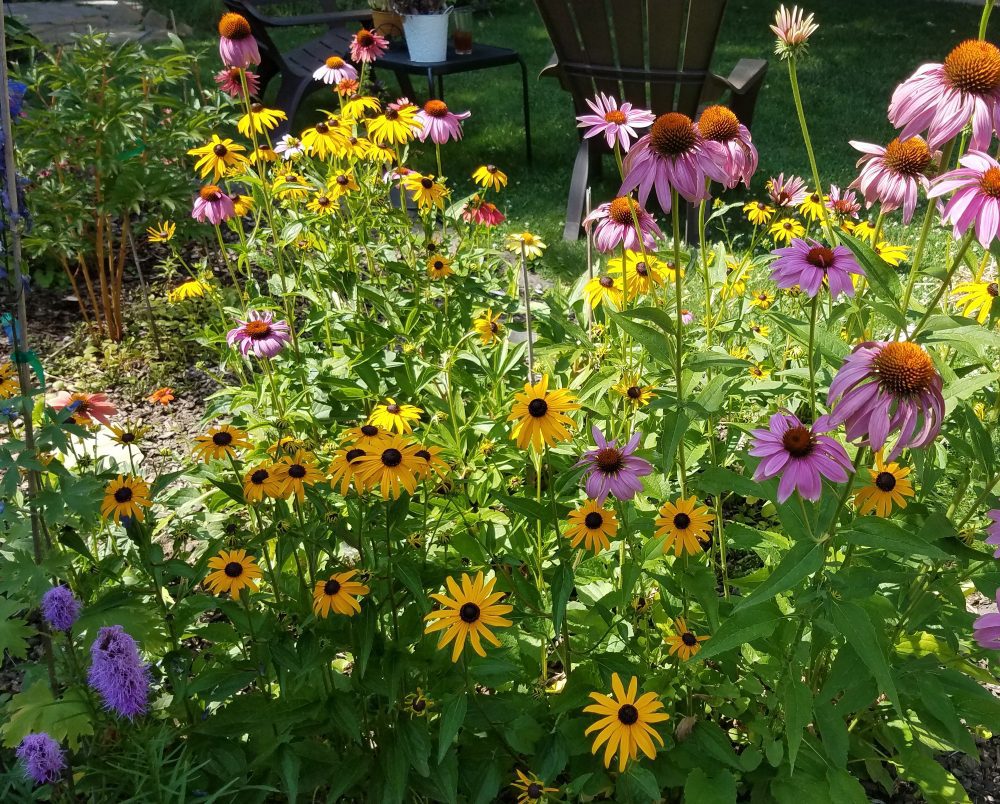
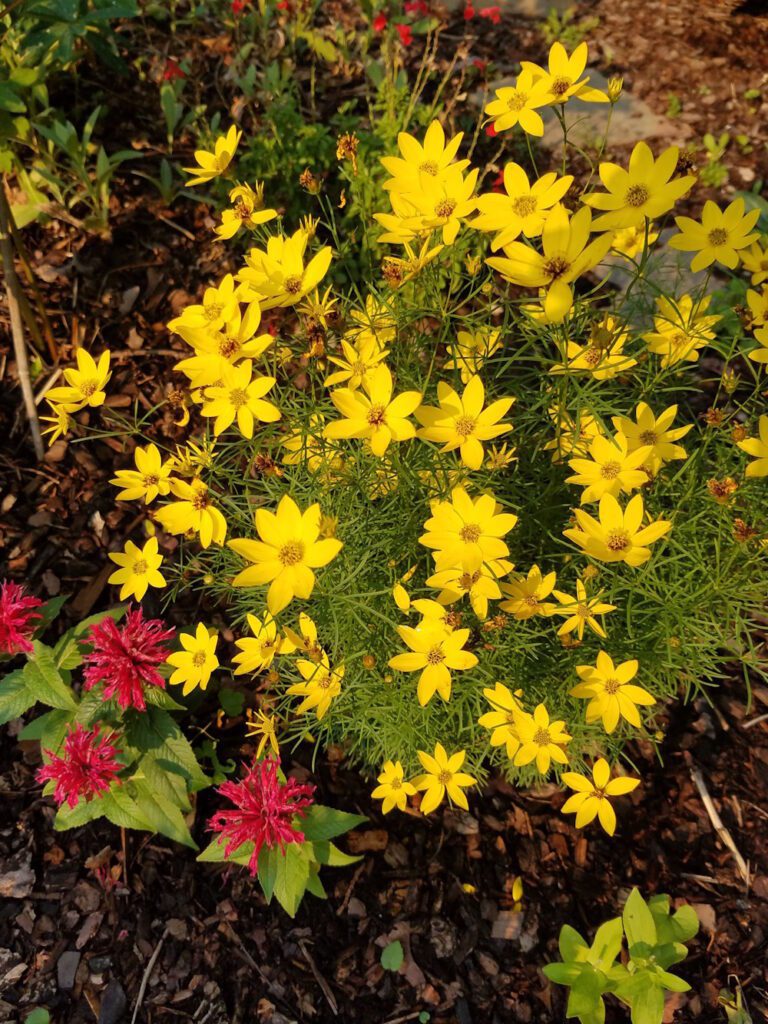
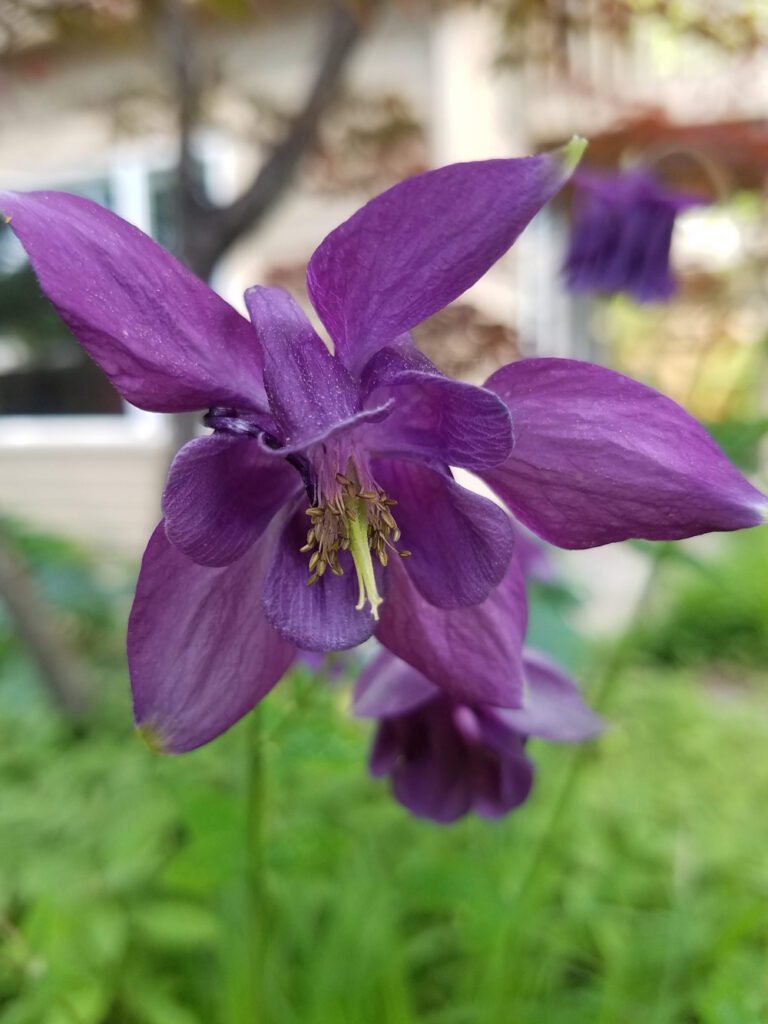
Our frost-free growing season lasts approximately 120 days, from mid-May to mid-September. For the vegetable garden, look for short-season or early varieties that will produce a harvest within 90 days. Choose disease-resistant varieties whenever possible.
Attempting to grow sun-loving plants in the shade, planting a plant that requires good drainage in a wet area, or cultivating tropical plants like bananas and citrus in a northern climate are examples of not adhering to the right plant, right place directive.
Create Healthy Soil Naturally
The soil in your garden serves as the foundation upon which everything is built. Healthy soil is essential for the health and flourishing of plants. A productive garden or landscape relies much more on soil quality than on the quality of the plants or the quantity of fertilizer used.
Enrich your soil with natural amendments such as compost, worm castings, well-rotted manure, or decomposed leaves. Unlike fast-acting fertilizers, organic matter improves soil gradually and continues to nourish plants over time.
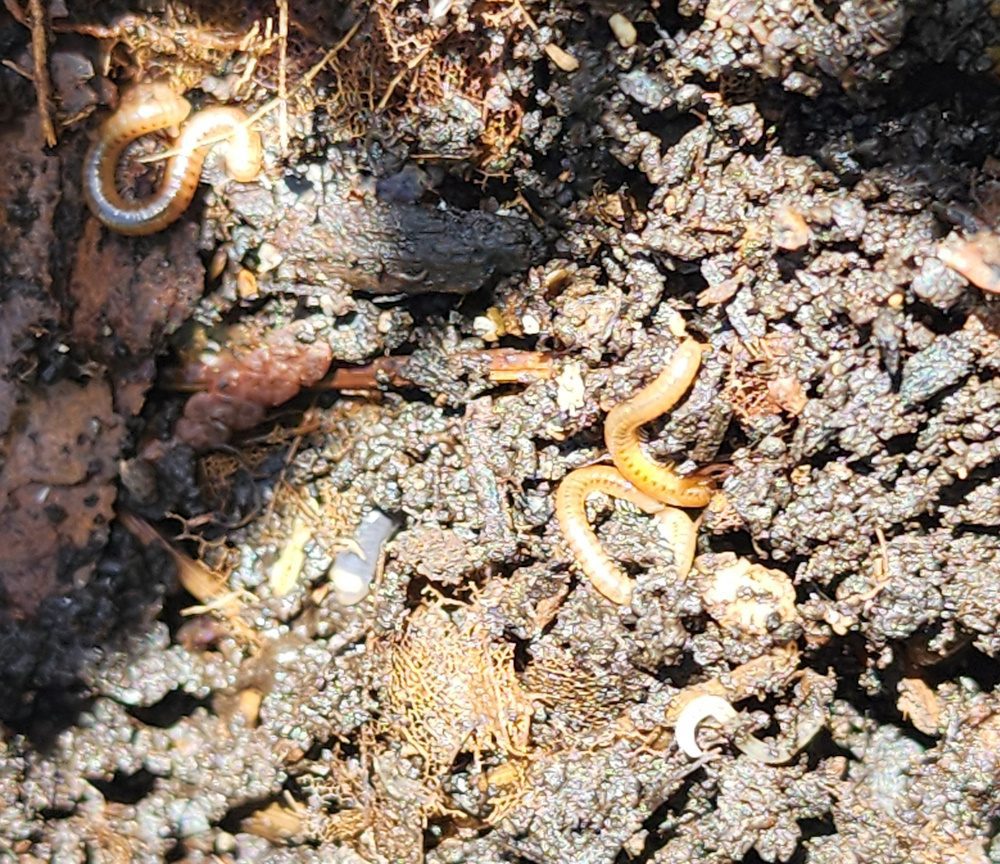
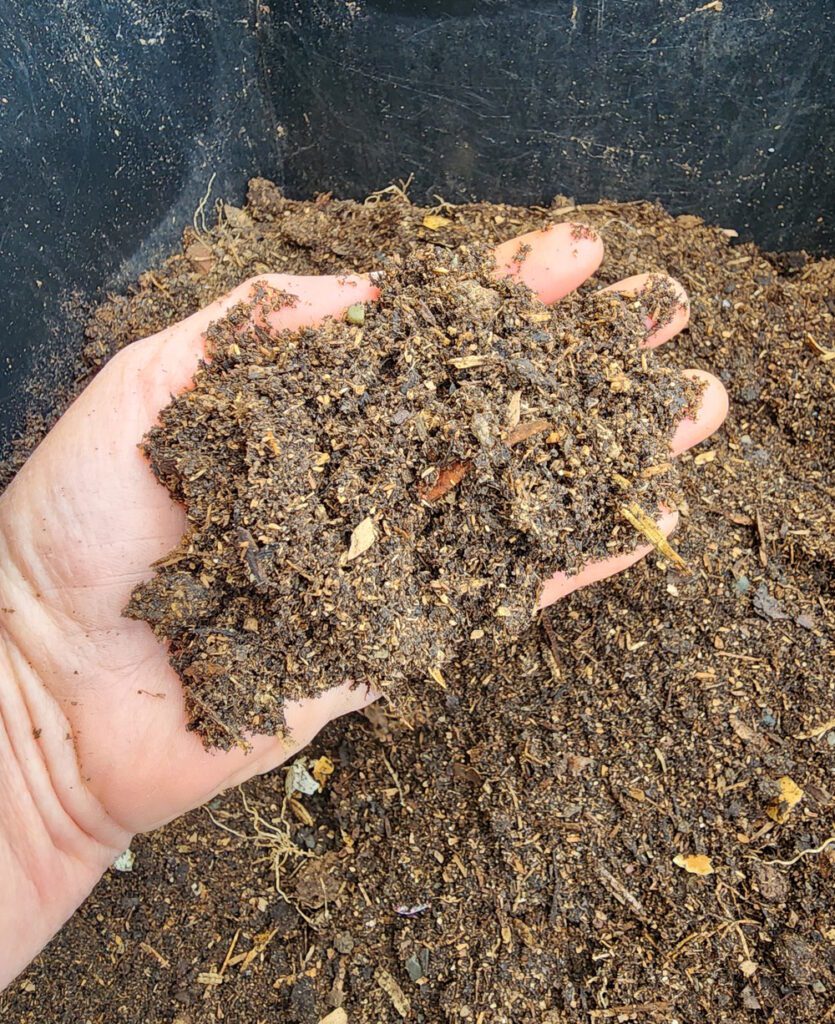
Adding natural amendments enhances beneficial microbes in the soil and improves its structure for proper drainage, moisture retention, and aeration. Most importantly, it reduces the need for chemical fertilizers.
Plant Diversity for Resilience
Variety is the spice of life, and this is especially true in the garden.
The greater the variety of vegetables, herbs, and flowers you plant together, the more beneficial insects and pollinators will be attracted to your garden. To draw in pollinators, include flowers like zinnias, cosmos, and calendula in your vegetable garden.
Planting a diverse garden also reduces the likelihood of a single pest or disease destroying your entire crop, which can occur when only one variety is grown. Add flowers like marigolds to repel aphids and nasturtiums to lure pests away from valuable vegetable crops.
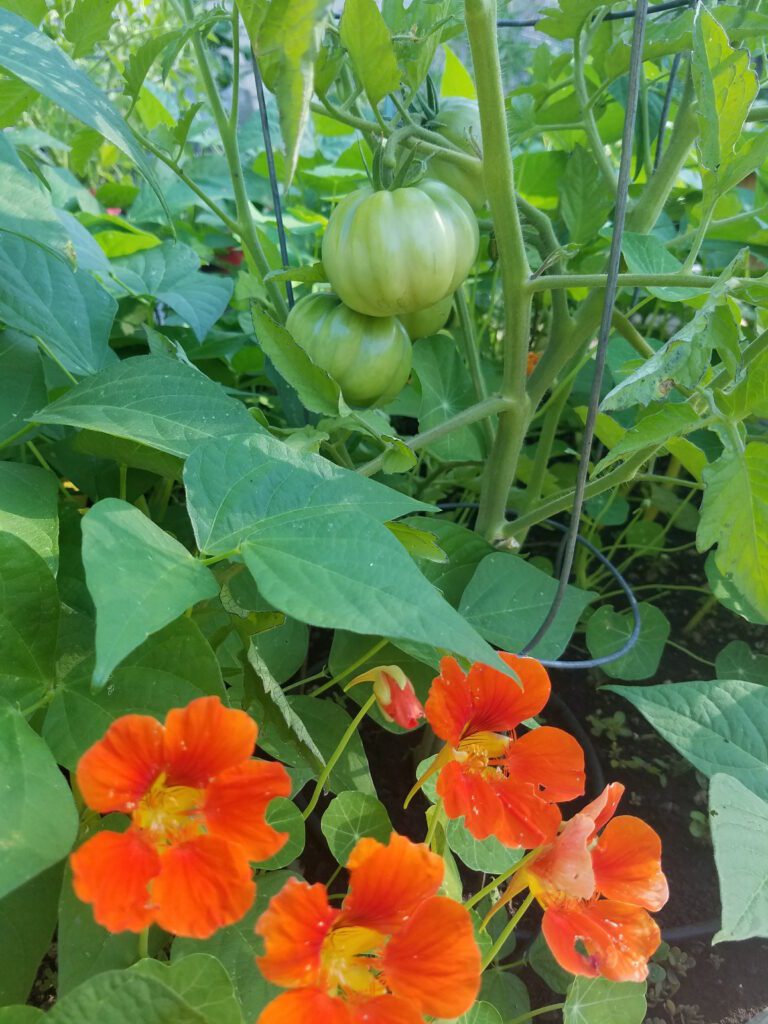
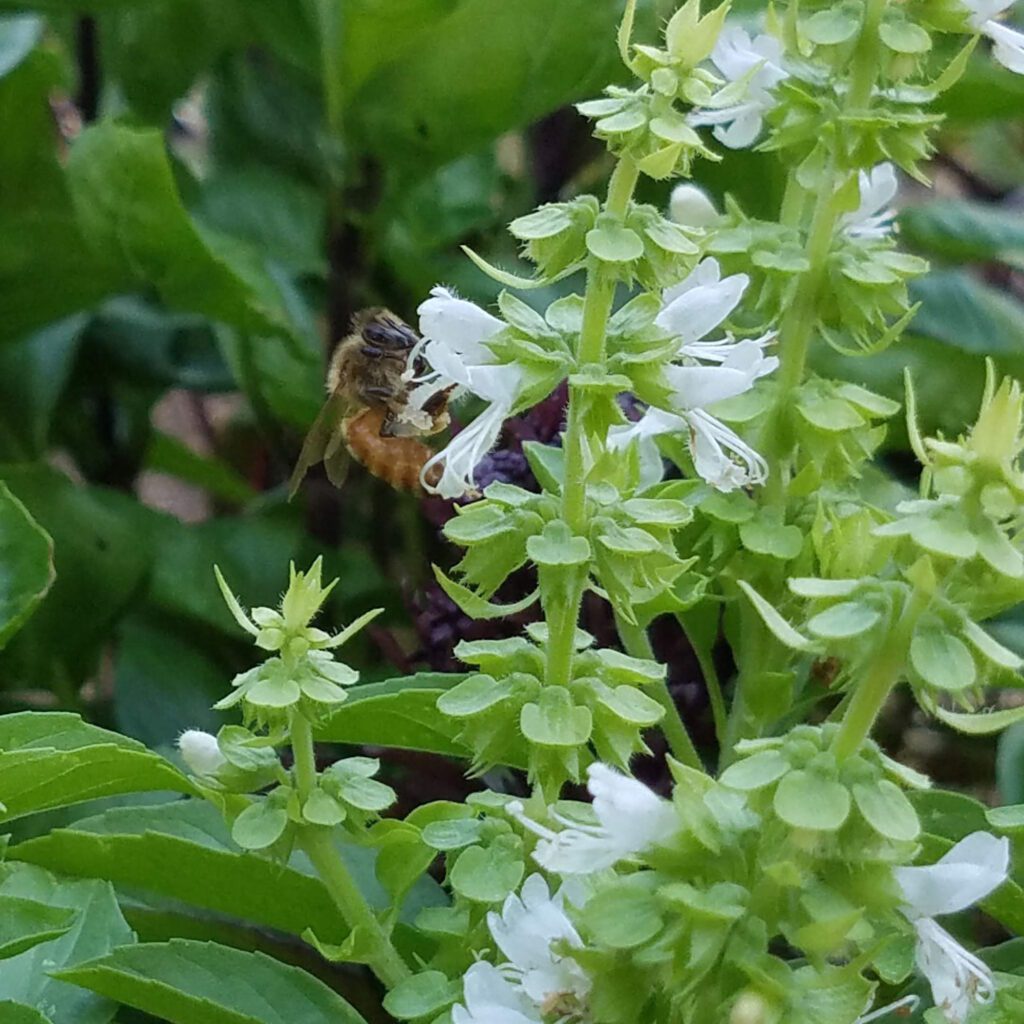
A diverse garden is a resilient garden; one that confuses pests, boosts pollination, and supports natural balance.
Mix It Up and Rotate Crops
Most people think crop rotation is only for farmers and not for home gardens. That’s just not true.
To keep your garden healthy, avoid planting the same family of vegetables in the exact location each year. For example, don’t plant tomatoes, peppers, or eggplant in the same bed year after year—they share the same diseases.
Rotating crops helps prevent soil nutrient depletion and disrupts pest and disease cycles, keeping your garden healthier.
Even if you are growing in a small, single raised bed, crops should be rotated to different sections within the bed each year.
Be Ready for the Weather
The weather has become more unpredictable, with greater temperature fluctuations and intense conditions such as heat or storms. These conditions can be challenging for the gardener and the garden.
Having some plant protection at the ready, like row covers, cloches, and shade cloths, will keep your garden thriving through unsettled conditions.

A row cover is one of the best items to have on hand. The lightweight fabric allows rain and sunlight to pass through while insulating plants from cold and wind. Later in the season, row covers can also be used to keep insects off plants and as shade cloth to prevent plants from overheating.
Clear plastic storage tubs, inexpensive cloches, and recycled items like plastic milk jugs or plastic lettuce containers can protect smaller seedlings.
Resilient gardening is about preparation, observation, and working in harmony with nature. With the right plants, healthy soil, smart diversity, and a bit of planning for unpredictable weather, your garden can thrive through whatever challenges the season brings.


Leave a Reply